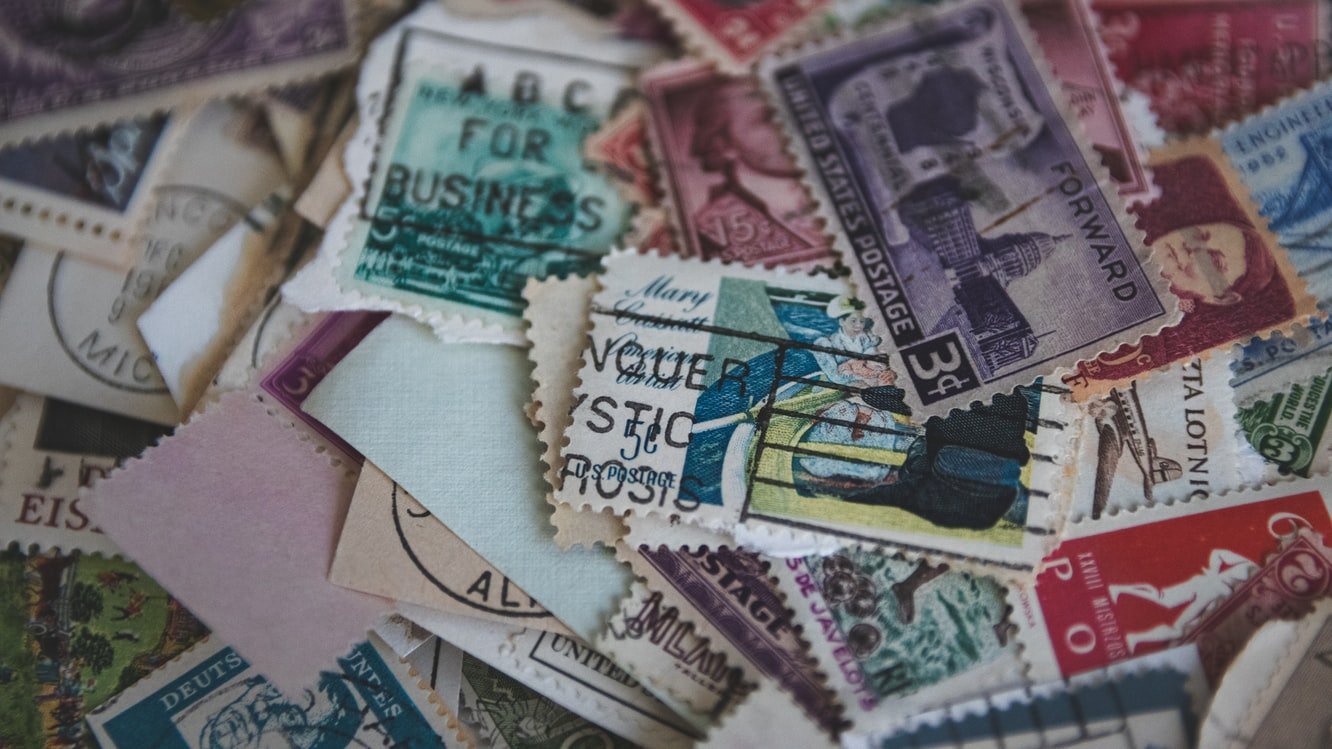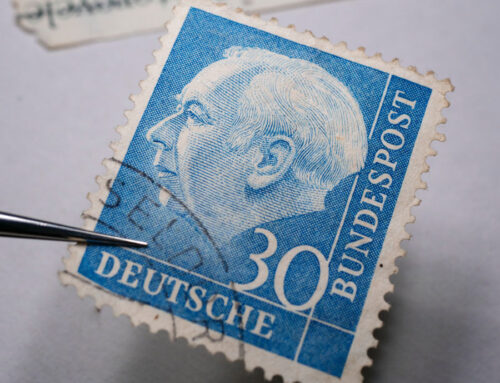So, you have inherited a stamp collection… now what?
If you are already a stamp collector then I’m sure you’d be delighted to find out that you have inherited a stamp collection. However, like most people, if you have never practiced such activity, you may be wondering what to do next.
Over this post, I will go over different strategies to approach this in order to benefit you as the inheritor. Some of these choices may be better than others of course depending on your current situation. These options come as follows:
– Continuing the hobby
– Selling the collection
– Passing on/donating the collection
Lets take a look at all three options in detail…
Continuing the hobby –
It comes to no surprise that stamp collecting is largely popular among older individuals. The hobby dates back just about as early as stamps themselves. often times both knowledge and experience being passed down from generation to generation. Use this to your advantage! Just because you have inherited one collection does not mean that you cannot gain knowledge from other older family members who may know a lot more than you think about stamps. Ask them about what they know, you will most likely come to a surprise and maybe even grab a hook in finding an interest in collecting them. Stamp collecting is a hobby which will involve you reading, analysing and evaluating on different patterns in not only the famous Victorian stamps, but also postcards, stamp booklets and possibly even coins from all around the world. There’s a lot more to it than you think!
Selling the collection –
Stamp collecting generally does not have any drawbacks… I said generally.
While stamp collecting is not a hobby which requires you to have a lot of free space, after inheriting possibly large amounts of stamps with stamp albums, you may come to a conclusion that the amount of space it takes up is simply too much. Don’t worry, this is fairly common. You may simply not be interested in the hobby or not have time to fit philately in your schedule. These are some of the most common reasons why stamp inheritors decide to sell their new collection.
Selling a collection can be done in a few different ways.
First of all, you need to determine the initial value of the collection which you have. How to do this? There are many simple ways in which you can get an insight yourself, such as the age of the stamps or the condition in which they are at. Older stamps, (primarily before the 1900s), will not have perforations. This is one of the most basic ways in which you can measure the initial value of many stamps. Most modern stamps’ values will not be determined by the condition in which they are in. This is mostly because they are a common occurrence and were most likely printed fairly recently. In other words, there are a lot of them! For older stamps, it is a vital ingredient to understand how to determine a stamp condition. Here, I will of course not go over every stamp there is, as this would simply take too much time. Every stamp is different. That is what truly makes the beauty of stamp collecting.
Now, as you may have already assumed after opening that album, there are thousands of different stamps. Each and every one with a different value. It is difficult to comprehend the sheer scale of the market with the amount of stamps and stamp variations there are. You may want to reach out to a stamp specialist, (a philatelist), which will often times offer you a free evaluation on your inherited collection. Many specialists out there who are focused on one specific area of the stamp world will probably still have a broad knowledge on your collection regardless. These specialists may offer to purchase your collection from you upon evaluation. Our team can offer you a free online evaluation of your collection. If you are interested, contact us under sales@duzikstamps.com.
Don’t want to sell your stamp collection that way?
Many websites will allow you to directly sell your collection online. Popular ecommerce options such as eBay or the Facebook Marketplace are both great options for selling your stamps.
Passing on/Donating the collection –
Since you are reading this, the two options mentioned above most likely don’t work for you. That’s fine.
There may be someone in your immediate circle who will be interested in collecting stamps. It wouldn’t hurt to ask them about it! Collecting stamps is not for everyone – It requires a lot of patience and dedicated time put into learning about the newly acquired hobby.
Alternatively, donating your collection to a local charity shop or thrift store is something you might want to think about. Here are a few options (UK),
– RSPCA
In conclusion, there are many options to think about. However, there is one important thing to keep in mind – Your stamps will not lose value. If stored correctly, most collections will naturally become more valuable as time goes on. This means that you can always come back to the hobby whenever you feel it is the time. It is never too late to start a collection of your own.


